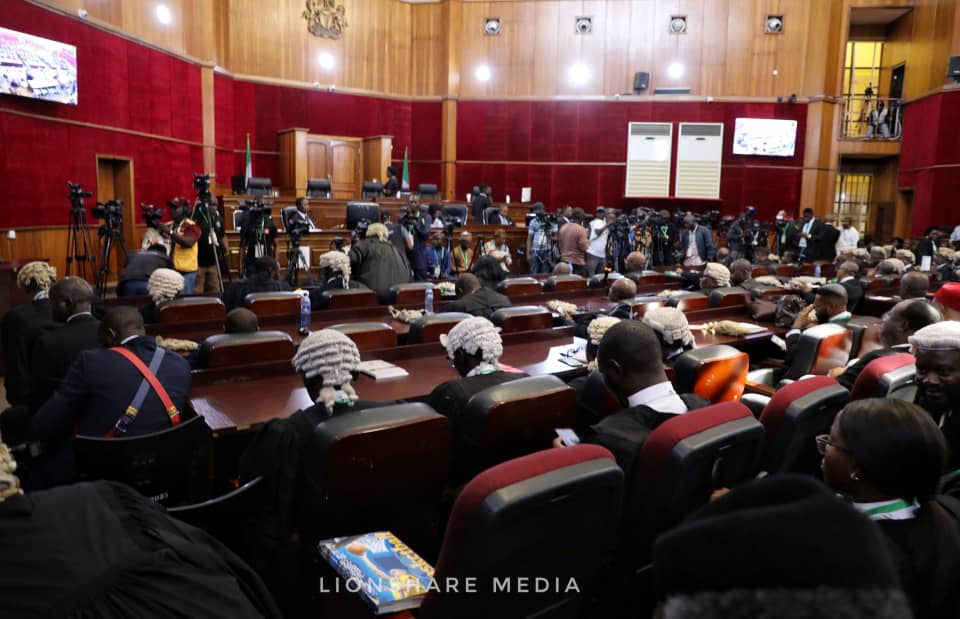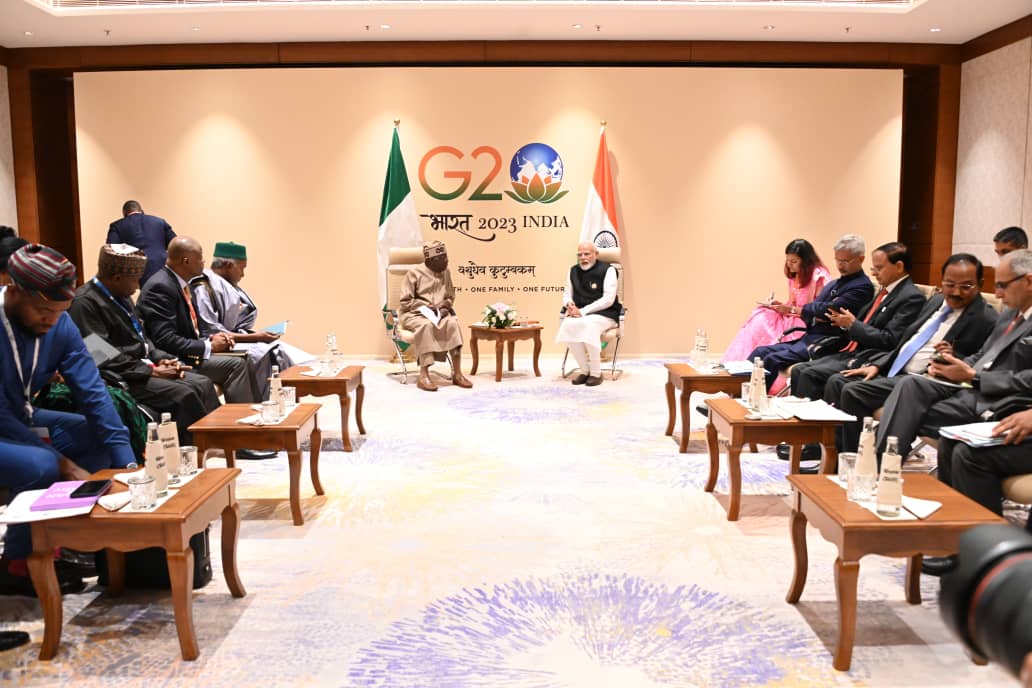Nigeria, often hailed as the “Giant of Africa” holds a reservoir of untapped potential and a plethora of opportunities captivating the interest of investors and visionaries worldwide.
Amidst discussions about technology, mineral wealth and export potential, the power sector, an underestimated cornerstone of advancement, often remains in the shadows. As someone who has navigated the realm of financing large-scale infrastructure projects, I find myself drawn to view Nigeria’s prospects through a financial lens. The inevitable question surfaces: What truly entices energy investments in our land of promise?
Beyond Population and Mineral Wealth: The Power Sector’s Pivotal Role
While the appeal of technology, Nigeria’s demographic dividend, and its mineral wealth are evident, the significance of the power sector often fades into the background. Yet, this sector forms the foundation of progress and deserves greater attention. Historically, advanced nations didn’t solely rely on technological advancements, skilled labour, or mineral resources for their development. Prioritising the consistent and reliable supply of power to industries was the true catalyst for their growth.
Advertisement
Navigating Complex Challenges: A Financial Perspective
Drawing from my experience of financing large infrastructure projects, embarking on grid-based power initiatives in Nigeria involves navigating a complex web of challenges, financial limitations, infrastructural gaps, bureaucratic intricacies, and technical hurdles that converge to create significant obstacles. For power investors seeking to secure support from financiers—banks or private equity firms— demonstrating a project’s “bankability” becomes crucial. This involves a detailed evaluation of factors consumer tariffs, collection currency, and the purchasing power of the end user.
Mitigating Risks: Sovereign Guarantees and Innovations
Advertisement
Prevailing wisdom dictates that bolstering Nigeria’s energy output through robust national grids will drive economic growth and pave the way for equitable development and industrialisation. However, the stark contrast between the nation’s energy demand – a staggering 600 terawatt-hours ( equivalent of power for 216,000,000 million homes) – and the reality of numerous signed Independent Power Projects (IPPs) that remain unrealised, highlights a critical issue. The conventional on-grid solutions, once hailed as the panacea for Nigeria’s energy challenges, appear to be faltering under the weight of a myriad of complex obstacles.
Investments into Nigeria are often in dollars, introducing the spectre of currency risk, purchasing power discrepancies, and political volatility. The fact remains most Nigerian retail consumers presently are unable to afford the cost of power and in turn Nigeria is often unable to meet debt obligations linked to on-grid power projects funded in foreign currency.Risk mitigation tools, including sovereign guarantees and Power Contract offtake Agreements (PCOAs) aim to alleviate these concerns. However, a sovereign guarantee or a PCOA goes on the balance sheet of a nation, and at times can affect the credit rating of the country. Given the complications with bankability, a recent trend sees Nigeria and other developing nations cautiously managing their financial obligations to avoid unsustainable burdens.
A Paradigm Shift: Igniting the Commercial and Industrial Sector
Notably these challenges are not unforeseen. Industrialised nations didn’t achieve development by solely focusing on supplying retail power. Sustainable provision of power to industry drove industrialisation, generated employment, increased purchasing power, thereby bolstering affordability of power, paving the way for widespread electrification and development. The inability to ensure reliable power for industry, in particular, acts as a brake on economic growth.
Advertisement
The time is ripe for an innovative shift, one that ensures economic empowerment and fortifies the foundation for a resilient future – channelling efforts to fulfil the energy demands of the commercial and industrial (C&I) sector. This sector, characterised by its steady energy needs and robust purchasing power, emerges as a catalyst for transformative energy strategies. New power projects sprucing up in industrial clusters will fuel phenomenal growth. By delivering consistent power to these sectors, Nigeria can spur industrialisation, facilitate long-term job creation, and foster sustainable economic autonomy.
Short-term Impact, Long-term Vision
In a most recent trip to India, President Bola Ahmed Tinubu GCFR gained a commitment from a consortium of investors to put $1.6 billion into power. Channelling that pledge towards C&I energy provisioning yields immediate benefits. An influx of economic vigour, encouragement for local industries, and an inviting atmosphere for both local and foreign investments set the stage for rapid growth. However, this strategic pivot carries implications beyond immediate wattage gains. A flourishing C&I sector paves the way for a resilient grid-based power system, stimulating infrastructure development. Meeting the ambitious demand for 708 terawatt-hours by 2030 isn’t just a goal; it’s a catalyst for job creation, economic vitality, and increased income. As industries flourish and energy demands continue to grow, the impetus and capacity for further infrastructure development becomes undeniable. This strategic shift not only addresses the immediate need for energy to spur industrialisation but also sets the stage for robust economic growth.
A Bright Future Beckons: Pioneering Prosperity
Advertisement
The commercial and industrial pathway, marked by its innovation and strategic focus, offering a promising route to unlock the nation’s true potential is where Nigeria’s energy resurgence resides. Ploughing the route successfully necessitates collaboration. The private sector should leverage expertise and drive innovation. Government entities and appointees must be proactive following Mr President’s lead, streamline processes, provide clarity, efficiency and ease of procedure, thereby communicating that Nigeria is ready for business. Our collective will and innovative spirit fuel Nigeria’s potential. With the renewal of hope comes the awakening of the Giant of Africa – together, we forge a path of progress.
Instagram: @oluwhite
Advertisement
Twitter: @oluwhite_
Advertisement
Views expressed by contributors are strictly personal and not of TheCable.
Add a comment







